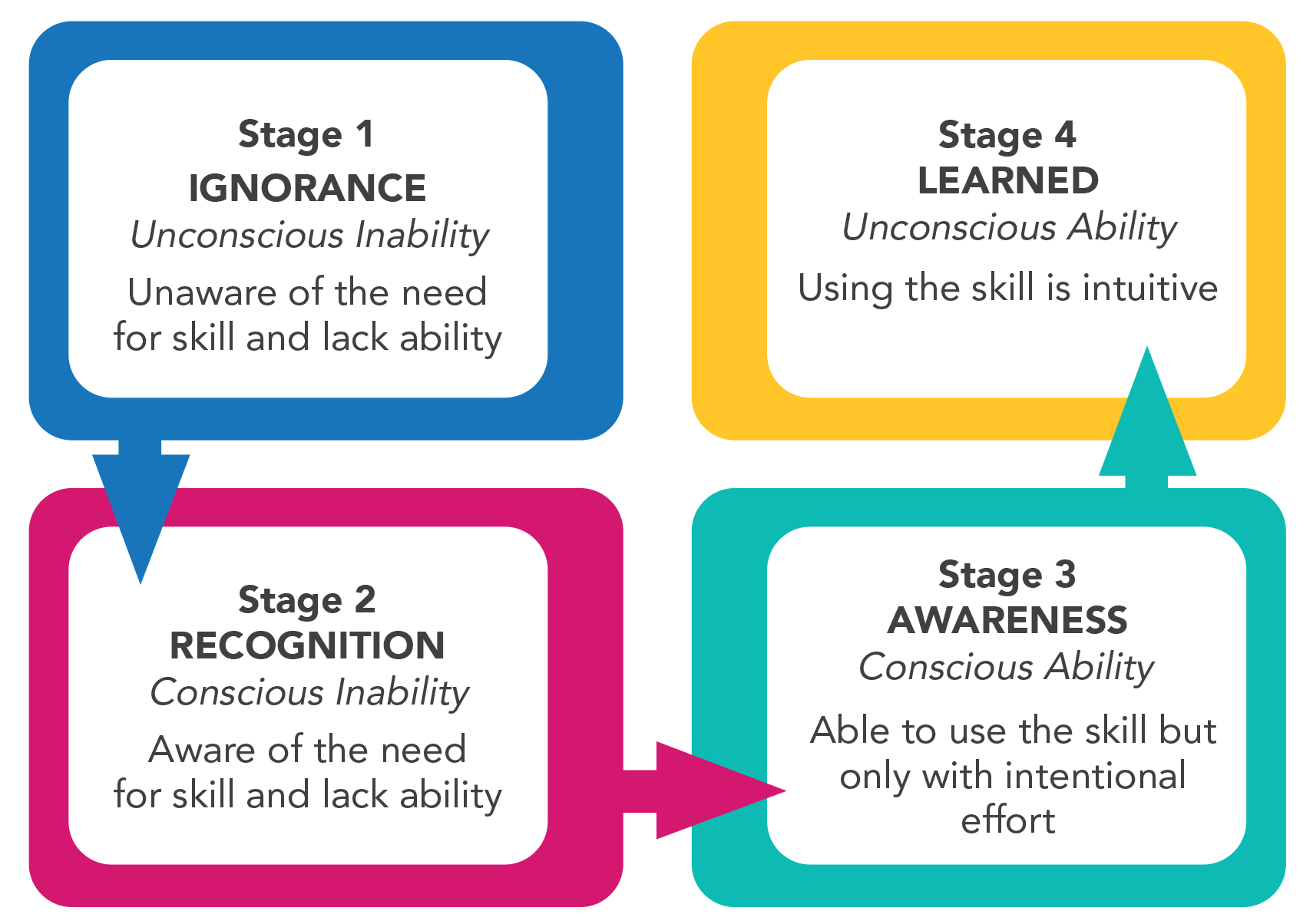How to Build Empathy : The Importance of Empathy and How to Develop It

Why Empathy Matters
Empathy is an essential component of emotional intelligence and is important for creating and maintaining strong relationships. When we are empathetic, we are better able to understand and respond to the needs of others. This can help us build trust, resolve conflicts, and foster a sense of community.
The Benefits of Empathy
Empathy has numerous benefits, including:
- Improved communication
- Increased understanding and respect for others
- Enhanced problem-solving skills
- Greater emotional intelligence
- Stronger relationships
The Drawbacks of a Lack of Empathy
On the other hand, a lack of empathy can have negative consequences, such as:
- Poor communication
- Misunderstandings and conflicts
- Difficulty building and maintaining relationships
- Limited problem-solving skills
- Reduced emotional intelligence
How to Build Empathy
Step 1: Practice Active Listening
Active listening is a technique that involves fully engaging with the person you are talking to and giving them your undivided attention. This means avoiding distractions, such as your phone or computer, and focusing on what the person is saying. Try to understand their perspective and show that you are interested in what they have to say.
Step 2: Put Yourself in Their Shoes
One way to develop empathy is to imagine yourself in the other person's situation. This can help you understand their feelings and perspective. Ask yourself how you would feel if you were in their position and try to relate to their experience.
Step 3: Practice Empathetic Responses
Empathetic responses involve acknowledging the other person's feelings and showing that you understand and care about their experience. This can be as simple as saying, "I'm sorry you're going through that" or "That sounds really tough." By showing empathy, you can help the person feel heard and supported.
Step 4: Learn About Different Perspectives
One of the keys to developing empathy is to expose yourself to different perspectives. This can help you understand and appreciate the experiences of people from different backgrounds and cultures. Seek out diverse viewpoints through books, films, and conversations with people who have different experiences than your own.
The Challenges of Developing Empathy
Developing empathy can be challenging for a number of reasons. For example:
Personal Bias
We all have personal biases that can make it difficult to see things from another person's perspective. To overcome this, it is important to recognize your biases and actively work to challenge them.
Emotional Distance
It can be hard to empathize with others if you are emotionally disconnected or overwhelmed. To build empathy, it is important to work on your own emotional regulation and self-care.
Time and Effort
Developing empathy takes time and effort. It requires a willingness to listen, learn, and practice new skills.
FAQ
What is the difference between empathy and sympathy?
Empathy involves understanding and sharing the feelings of others, while sympathy involves feeling sorry for someone's situation. Empathy is more active and involves putting yourself in the other person's shoes.
Can empathy be taught?
Yes, empathy is a skill that can be learned and practiced. It requires a willingness to listen, learn, and understand different perspectives.
How can I improve my empathy?
You can improve your empathy by practicing active listening, putting yourself in other people's shoes, and learning about different perspectives. It also helps to recognize your own biases and work on your emotional regulation.
Why is empathy important in the workplace?
Empathy is important in the workplace because it helps build strong relationships, increase understanding and respect for others, and enhance problem-solving skills. It can also improve communication and foster a sense of community.
Conclusion
Empathy is an important skill that can help us build strong relationships, navigate social situations, and understand the needs of others. Developing empathy takes time and effort, but it is a skill that can be learned and practiced. By practicing active listening, putting yourself in other people's shoes, and learning about different perspectives, you can become more empathetic and build stronger connections with those around you.
